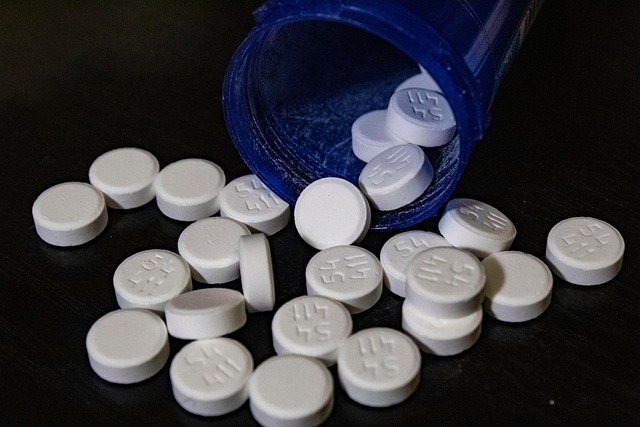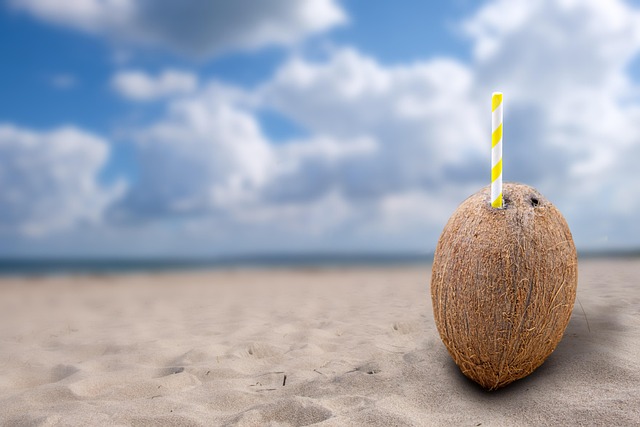Alcohol Use Disorder (AUD) is a chronic, relapsing brain disease marked by compulsive drinking, loss of control over intake, and negative emotional states. The 2023 National Survey on Drug Use and Health reports that 28.9 million U.S. residents aged 12 and older—10.2 % of the population—met criteria for AUD (niaaa.nih.gov). Among high-earning professionals in Bergen County, prevalence mirrors national figures, yet treatment-seeking remains disproportionately low because of confidentiality worries and inflexible work schedules.
Mahwah’s executive-focused treatment ecosystem is anchored by Valley Spring Recovery Center, Hackensack Meridian Health’s Retreat & Recovery at Ramapo Valley and complemented by Ramapo Ridge Behavioral Health. Together they offer four evidence-based program types—medical detoxification, residential inpatient, intensive outpatient (IOP), and telehealth aftercare—delivered on flexible evening or weekend tracks to protect career continuity. All programs integrate medication-assisted treatment (MAT), cognitive-behavioral therapy (CBT), and peer-led executive support groups overseen by board-certified addiction psychiatrists.
“People with substance use disorders must be able to access compassionate and evidence-based care at any touchpoint they have with a health-care provider,” emphasizes Nora D. Volkow, M.D., Director of the National Institute on Drug Abuse (nida.nih.gov). Reflecting this standard, Mahwah centers track efficiency through 30-day detox-completion rates (>92 %), six-month abstinence verified by phosphatidylethanol (PEth) biomarker testing, and validated return-to-work metrics such as the Work Productivity and Activity Impairment Questionnaire. Joint Commission accreditation, weekly multidisciplinary case reviews, and continuous collection of patient-reported outcome measures safeguard quality.
Practical steps to improve treatment efficiency for busy professionals
-
Schedule a pre-admission telehealth intake to minimize time away from the office.
-
Authorize limited, HIPAA-compliant employer disclosures to streamline FMLA or short-term-disability paperwork.
-
Use app-based CBT modules (e.g., CBT4CBT) between on-site sessions to reinforce coping skills.
-
Enroll a workplace “sober ally” in family-education workshops to support post-treatment reintegration.

Addiction treatment resources in Mahwah, New Jersey, include a network of professional services, community programs, and specialized facilities designed to help residents address substance use disorders. According to the Substance Abuse and Mental Health Services Administration (SAMHSA), over 19.7 million Americans aged 12 and older battled a substance use disorder in 2017, highlighting the need for local treatment options (SAMHSA National Survey).
1. What Treatment Options Are Available in Mahwah, New Jersey?
Mahwah residents have access to various addiction treatment resources, ranging from medically supervised detoxification to outpatient counseling. Facilities within Bergen County often provide:
-
Detoxification services: These help individuals safely withdraw from substances under medical supervision.
-
Inpatient rehabilitation: Residential programs offer structured support for recovery.
-
Outpatient treatment: Patients attend scheduled therapy sessions while living at home.
-
Medication-assisted treatment (MAT): MAT combines FDA-approved medications with counseling to manage cravings and prevent relapse.
-
Behavioral therapies: Cognitive-behavioral therapy (CBT) and motivational interviewing (MI) are commonly used to treat addiction.
Local providers often coordinate with primary care clinicians, ensuring continuity of care and appropriate referrals for specialized treatment.
2. How Can Residents Find Local Support Groups and Community Resources?
Mahwah supports individuals and families through community-based recovery programs and support groups, such as:
-
Alcoholics Anonymous (AA) and Narcotics Anonymous (NA): These peer-led meetings are widely available throughout Bergen County.
-
Family support groups: Al-Anon and Nar-Anon offer help for families affected by a loved one’s addiction.
-
Community mental health centers: These centers provide affordable counseling and substance abuse education.
-
Faith-based and non-profit organizations: Some local churches and non-profits host recovery events and outreach programs.
SAMHSA’s national helpline (1-800-662-HELP) connects individuals with local treatment resources 24/7.
3. How Do Mahwah Primary Care Providers Assist in Addiction Treatment?
Primary care providers in Mahwah play a critical role in early detection and intervention. According to the Treatment Improvement Protocols, primary care clinicians are encouraged to:
-
Routinely screen patients for alcohol and drug misuse using tools like AUDIT and CAGE.
-
Provide brief interventions to motivate patients toward change.
-
Coordinate referrals to specialized treatment programs if needed.
-
Support patients during aftercare to prevent relapse.
This collaborative approach integrates addiction treatment with general healthcare, improving long-term outcomes.
4. Which Local Institutions Offer Specialized Addiction Treatment?
Bergen County hosts multiple accredited treatment centers near Mahwah, including:
- Valley Spring Recovery Center (VSRC): offers residential drug and alcohol rehab services as well as intensive outpatient (IOP) and outpatient treatment.
-
New Bridge Medical Center: Offers detox, residential, and outpatient services.
-
Christian Health: Provides mental health and addiction recovery services.
-
Bergen Regional Medical Center: Offers specialized care for co-occurring disorders.
Residents can verify treatment providers through the New Jersey Department of Human Services’ online directory for licensed addiction treatment centers.

